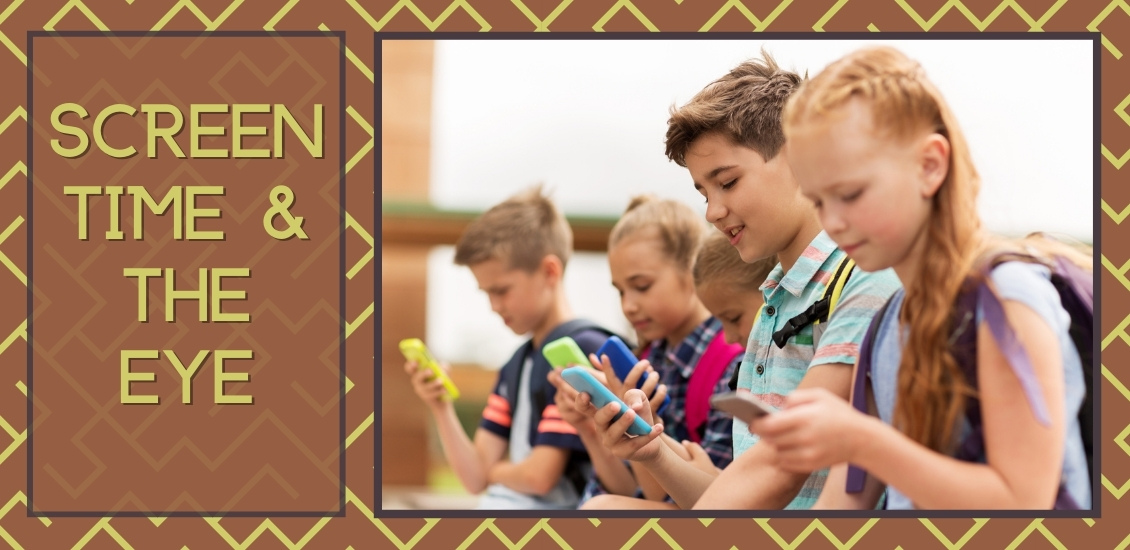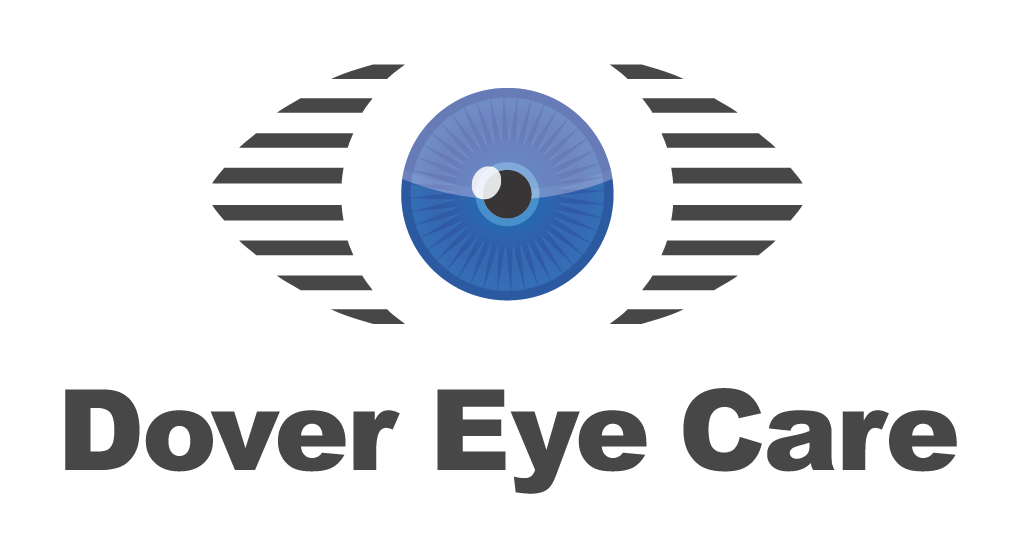
"It was the best of times, it was the worst of times." These famous words by Charles Dickens are playing out today in the area of technology.
We are living in the best of times when it comes to obtaining knowledge at the push of a button. But smartphones, laptops, video games, tablets, etc., can really increase our daily total screen time.
What are the symptoms of too much screen time for the eye, and how can you combat these symptoms? Research shows that screen time can adversely affect your eyes, focus, moods, and ability to sleep and relax.
Doctors are also seeing an increase in dry eye syndrome because patients do not blink often enough while they are staring at the screen for a prolonged period of time. The lack of blinking can cause burning or watery eyes, rubbing of the eyes, and frequent headaches.
The key to combatting these symptoms is to consciously blink more, use rewetting eye drops, and take frequent breaks. Make it a priority to practice the 20-20-20 rule. For every 20 minutes of screen time, take a 20 second break, focusing on a target 20 feet away. Your eye doctor might also recommend specialized computer lenses with anti-glare properties to minimize fatigue.
Lots of screen time seems to be especially bad for children, especially young ones. Pediatricians often advise no screen time for those 2 and younger, and just 1-2 hours per day for older children. In addition to other physical and mental health issues caused by too much screen time, there seems to be a higher incidence of myopia in children that spend a lot of time with digital devices.
It is important to reiterate that screen time is not bad if used with moderation and frequent breaks. In fact, many computer programs are used to help patients strengthen their eye muscles and promote hand eye coordination.
So take frequent breaks, use preventative measures (such as re-wetting eye drops, anti-glare computer lenses, and eye exercises), and keep children engaged with the non-digital world as much as possible. Your eyes, and the eyes of those you love, will thank you!
This blog provides general information and discussion about eye health and related subjects. The words and other content provided in this blog, and in any linked materials, are not intended and should not be construed as medical advice. If the reader or any other person has a medical concern, he or she should consult with an appropriately licensed physician. The content of this blog cannot be reproduced or duplicated without the express written consent of Eye IQ.
